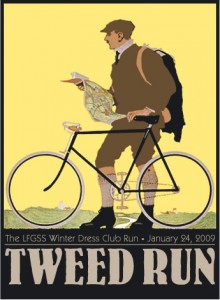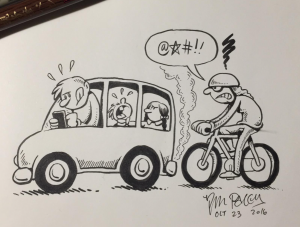Before Tuesday (29 November), please read this short article in Education Week about strategies for evaluating information online.
In class, we talked about the recent controversy over fake news. The power of fake news is an “exigency” that has moved people to advocacy: people are making arguments that companies like Facebook and Google should do more to ensure the quality of information they make available to us– and in fact, these companies have taken some action.
(If you’re asking, “what people?” — that’s a good question, gold star for you!)
In class, we looked at a “real” news article, “Fake news, ads dupe Internet-savvy students, study finds” (SF Chronicle, 21 November 2016). Here’s the link:
http://www.sfgate.com/business/article/Fake-news-ads-dupe-Internet-savvy-students-10629086.php
The news article takes the same problem (quality of information on the internet) but suggests a different solution: we must do more to give students (and all humans) the skills they need to evaluate information more effectively.
The lead researcher mentioned in the Chronicle article, Sam Wineburg, wrote his own article for Education Week — read it. By comparing the behavior of students and professional fact-checkers, he developed some recommendations for smarter decisions about internet information.
By comparing the behavior of students and professional fact-checkers, he developed some recommendations for smarter decisions about internet information.



